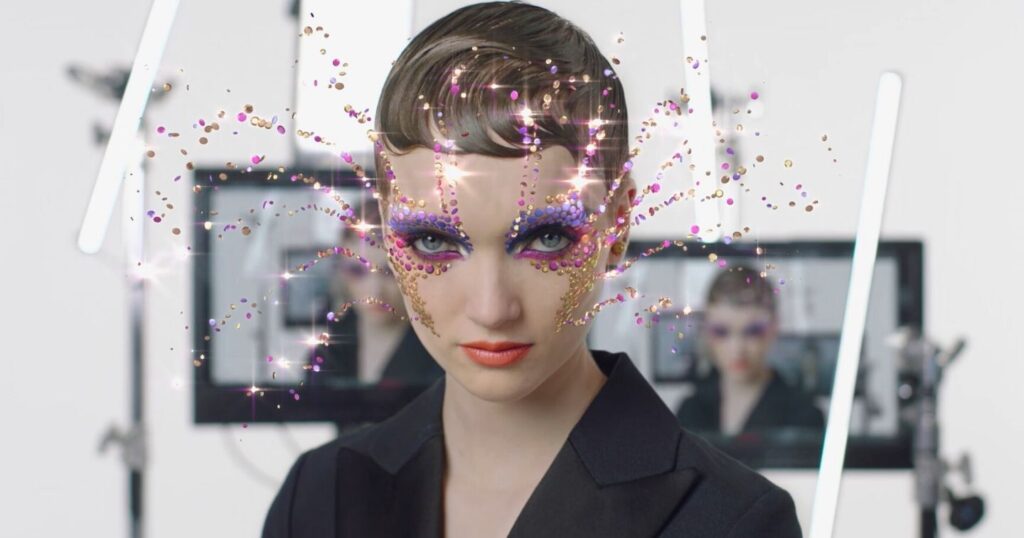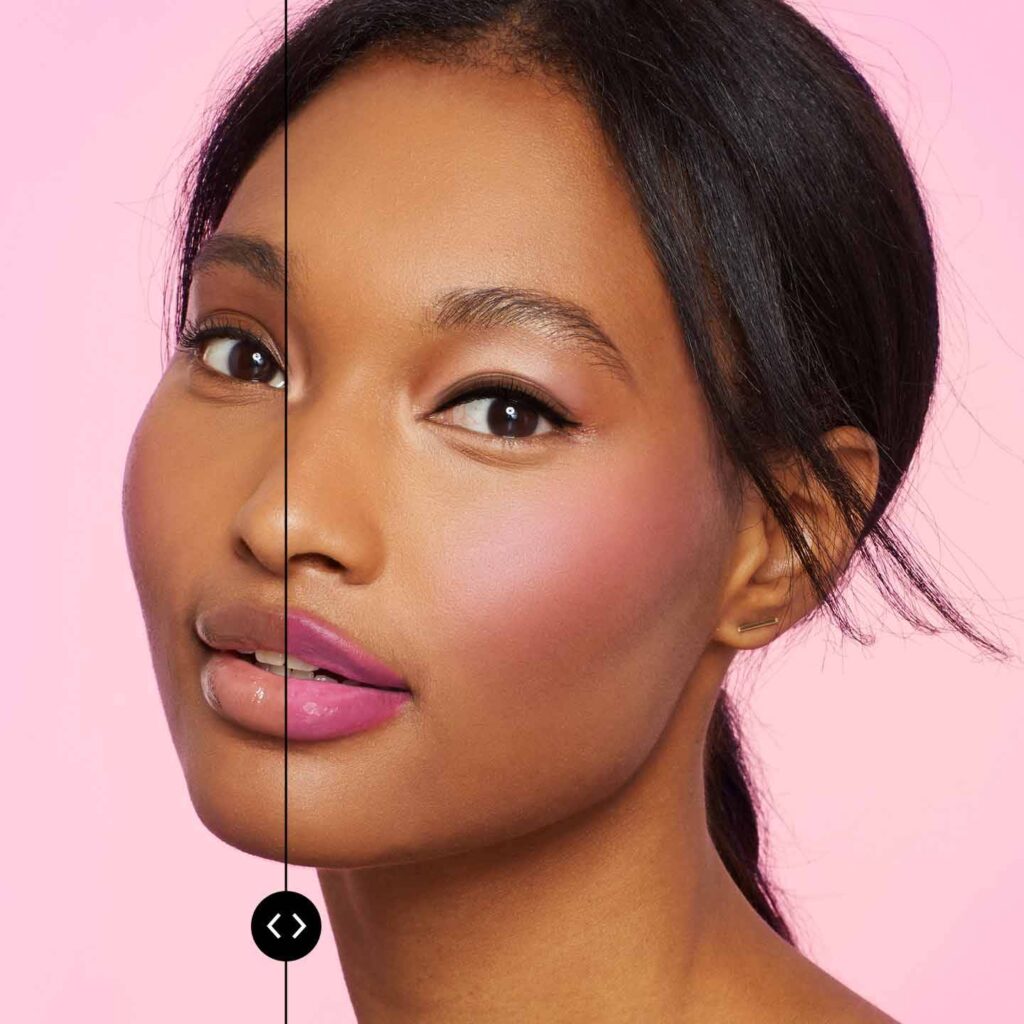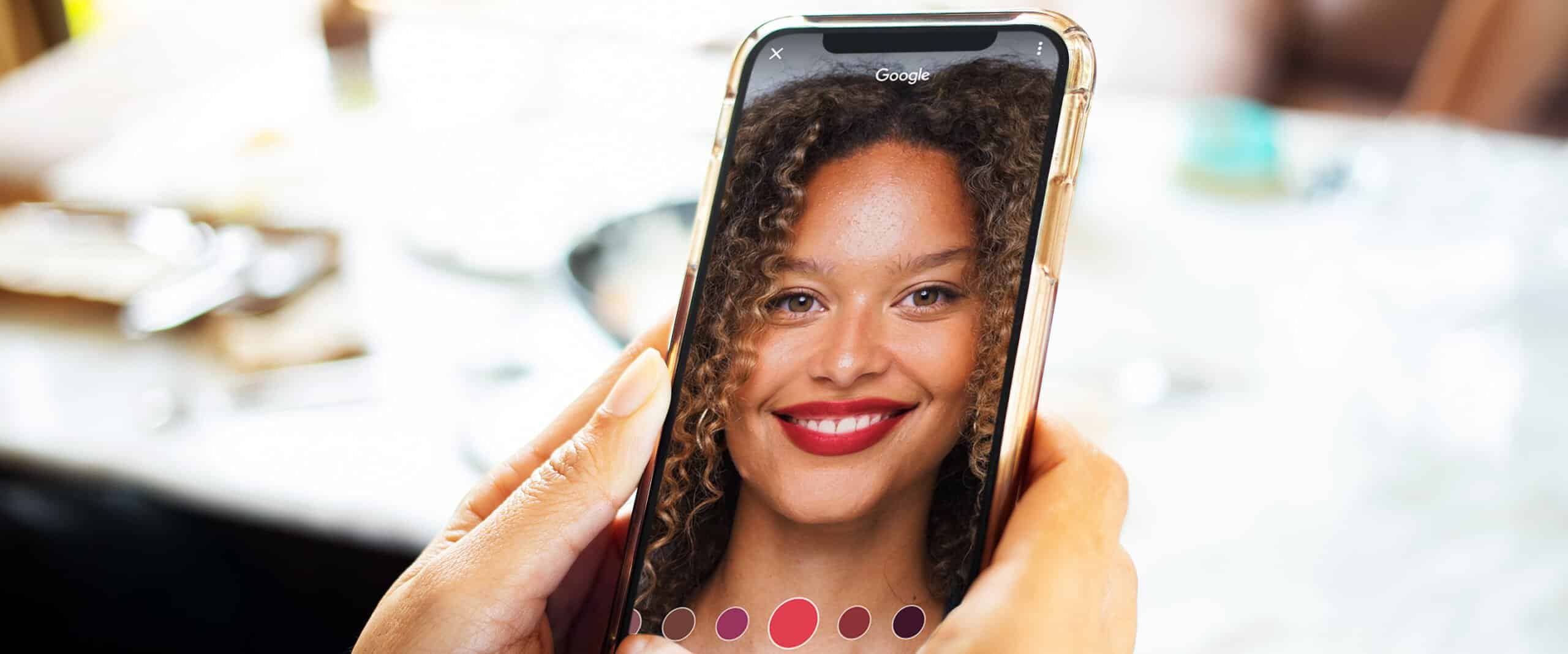Some time ago, trying a lipstick before buying it could mean having to deal with apathetic sales assistants (but not necessarily, and in any case this wasn't the worst thing) and with the dubious hygiene of putting lips on the same surface as other buyers.
Today, with the “boost” of the pandemic, a flurry of major cosmetics brands are trying to replicate that experience in apps that show “digital” makeup superimposed on people's faces. Practically everything, from the eyeliner to the blush through the eye pencil is positioned by augmented reality. Ok, some people prefer to try tricks up close. Of you? The cosmetics market aims to bring augmented reality to physical stores as well.
“Augmented” makeup is the future of cosmetics
If in the US it goes strong My Dior , the app from the famous fashion brand. You try tricks, order and buy with just a few taps. A bargain from beyond half a trillion dollars. Other brands (Maybelline, Gucci, and more and more) are all experimenting with variations on the technology, some in increasingly serious ways. The cosmetics giant L'Oréal has prepared itself in unsuspecting times, purchasing an entire AR development studio, ModiFace, to build its offer in augmented reality.
It will be mainstream to "virtually" try cosmetics before purchasing them. You can actually create a really incredible digital experience, at a very low cost to the brand.
Tom Cheesewright, UK business consultant and makeup expert

The related industries are also growing
In parallel with the growth of augmented reality cosmetics, a cottage industry of AR developers specializing in the new convergence is emerging: cosmetics as technological "filters". The software house Poplar Studio, for example, he worked for brands of makeup like L'Oréal, NYX and Maybelline to create what industry players often call “user experiences.”
“People don't necessarily want to go to a store to try something before they buy it,” says the Poplar CEO David Ripert.
The technology will, in fact, apply a mask made by training the system with thousands of photos and 3D models of the faces of real people. And this mask will constitute in different forms all the cosmetics to try, adapted to the unique shape of our face.
Refinements will make these filters increasingly realistic. There could be things like, for example, reflections from the external environment. If there is blue light or a colored wall in a room, the color will reflect it on your skin.
David Ripert, CEO Poplar

Augmented reality cosmetics. They don't just show: they narrate.
Again: systems of this kind can add, but also replace. In a recent collaboration with Maybelline, Ripert's team created an Instagram filter that digitally erases the user's eyebrows and allows them to "draw" new ones with products such as the US cosmetics company's eyebrow crayons. In this case you not only show the final result, but also give an idea of how intuitive the use of the product is.
The goal is to create a real narrative. For NYX, on Halloween Poplar created a “haunted house” virtual show that allows users to meet horror-style characters and virtually try on their makeup.
Yes, ok, it's a lot of fun and interactive, but do people buy?
The question arises, said that dear journalist known to us boomers. And yes, because even for cosmetics there is a fine line between a temporary "gimmick" and a revolutionary technology. QR codes, for example, waited a decade before playing their part (I'm thinking of interactive menus in times of Covid). It remains to be seen whether AR will ever reach that level of ubiquity, in the beauty industry or elsewhere.
There's also the question of how effective the technology actually is at representing the nuances of an actual product on the face. Filters create the “wow” effect, but often fail to capture the subtleties of lighting that discerning clients only find in person. It all depends on how much the level of detail is perfected.
And then my usual paranoid doubts
You will certainly not have taken into account (or yes, if you are obsessed too) the fact that our faces are also biometric data. How will they be treated? Oh well, I'm exaggerating, I know. But there is also the question of identity. In a few years, will our analogue or digital version matter more?
In a few years, will wearing makeup mean spending time in front of a mirror amidst various cosmetics, or will it be like choosing a virtual character in the Sims game?


